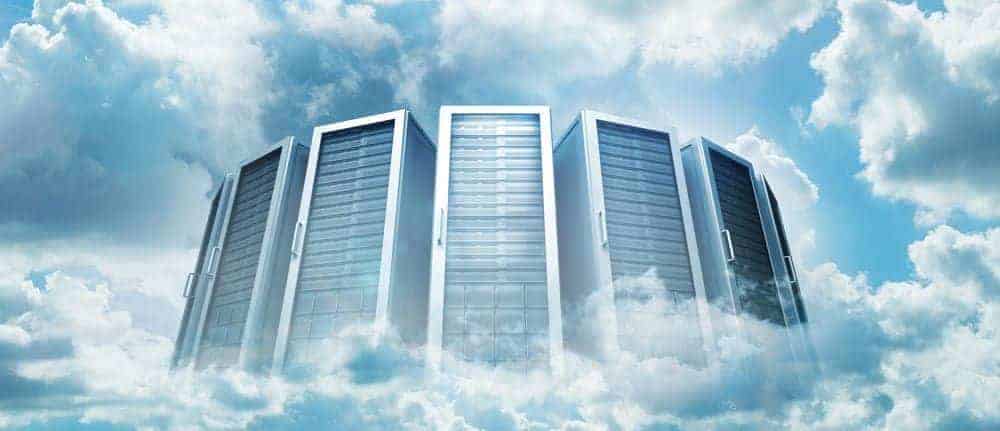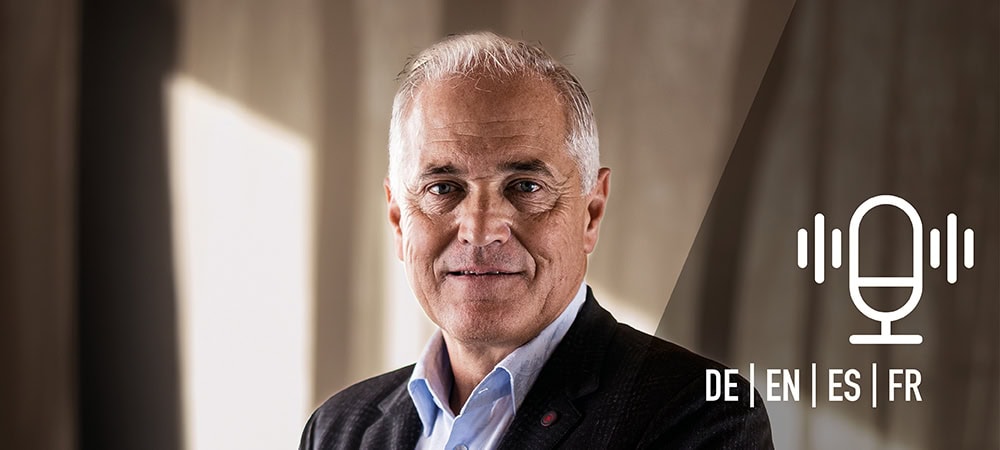Deleting Cloud Data Is Good for IT and Nature

Pictures of new gigantic datacenters built all over the world always tend to take my breath away: several thousand square miles of concentrated energy, dwarfing the factories of the first and second industrial revolution in comparison. We need them to fuel our digital world 24 hours a day, every day of the week, amassing enormous volumes of data that are usually stored in the cloud. While the word cloud suggests something light and airy, the massive datacenters are far from it. Billions of servers around the world need to be cooled, and computers need to be powered.
Storing data for the hell of it
Few people are ashamed of diligently duplicating files and documents several times while never deleting anything – there’s always enough storage for a few more safety copies, right? But more and more environmentalists are likening being ashamed of flying too much to a new phenomenon—being ashamed of clicking (storing) too much. Users could easily mitigate this shame if they just deleted some documents, but many feel like they are unable to. Why is it so difficult to part with data? Easy: We’ve forgotten how to.
In the past, it was absolutely necessary to limit yourself to the bare minimum because storage was limited in size and quite expensive. However, the tide has turned in recent years. Messages, documents, files and pictures are stored en masse in the cloud. It’s so easy and inexpensive that many people don’t even stop to think about it.
For companies in particular, this leads to further problems in addition to environmental issues. Every single file requires storage space which can become quite expensive in the long run. On top of that—and this can be even more crucial in the long run—storing so much unnecessary data means that employees usually do not have the documents they need in their day-to-day work readily available.
The University of Bamberg, Germany, is researching this topic under the motto of ‘Dare2Del’. One of the cornerstones of its research is the fact that digital data that have become superfluous make the search for relevant information even more difficult, delay decisions and distract from subsequent tasks.
Professor and project manager Uta Schmid concludes: Deleting data – within reason – increases efficiency. However, even if users are becoming more aware of the benefits of deleting redundant data, researchers also know that very few people actually want to worry about archiving during their daily tasks. If every document they view, edit or create always begs the question ‘Keep or delete?’, their work will be disrupted more often than necessary. Consequently, it is imperative that archiving happens reliably, intelligently, sustainably and unobtrusively in the background.
Autonomous archiving
Steffen Holzmann, green IT expert at Deutsche Umwelthilfe, a non-profit environmental and consumer protection association, advises to delete old emails or unsubscribe from newsletters that you don’t read anymore. However, that’s not enough in a corporate environment. If we want to deal with the issue of archiving in an environmentally and performance-conscious manner and minimize manual interventions by employees, we have to count on intelligent archiving software.
KGS calls its solution ‘Tia’—The Intelligent Archive. Its goal is to achieve autonomous archiving that recognizes patterns on its own and offers predictive archiving services, meaning the solution makes suggestions about which documents to delete, reorganizes overflowing archives, frees up expensive storage, and makes sensible use of inexpensive storage. Machine learning is the magic word: the system can learn and differentiate. A legally relevant document is stored differently than a common Word document.
For example, if Tia finds a document that hasn’t been opened in years, doesn’t have a retention period, or has been stored two or three different times, the solution marks it as ‘data garbage’—to be deleted, if you want.
If companies want to go a step further, Tia can also delete such documents automatically. Yes, it may hurt to part with our dearly beloved data, but humans—and nature—desperately need room to breathe.







